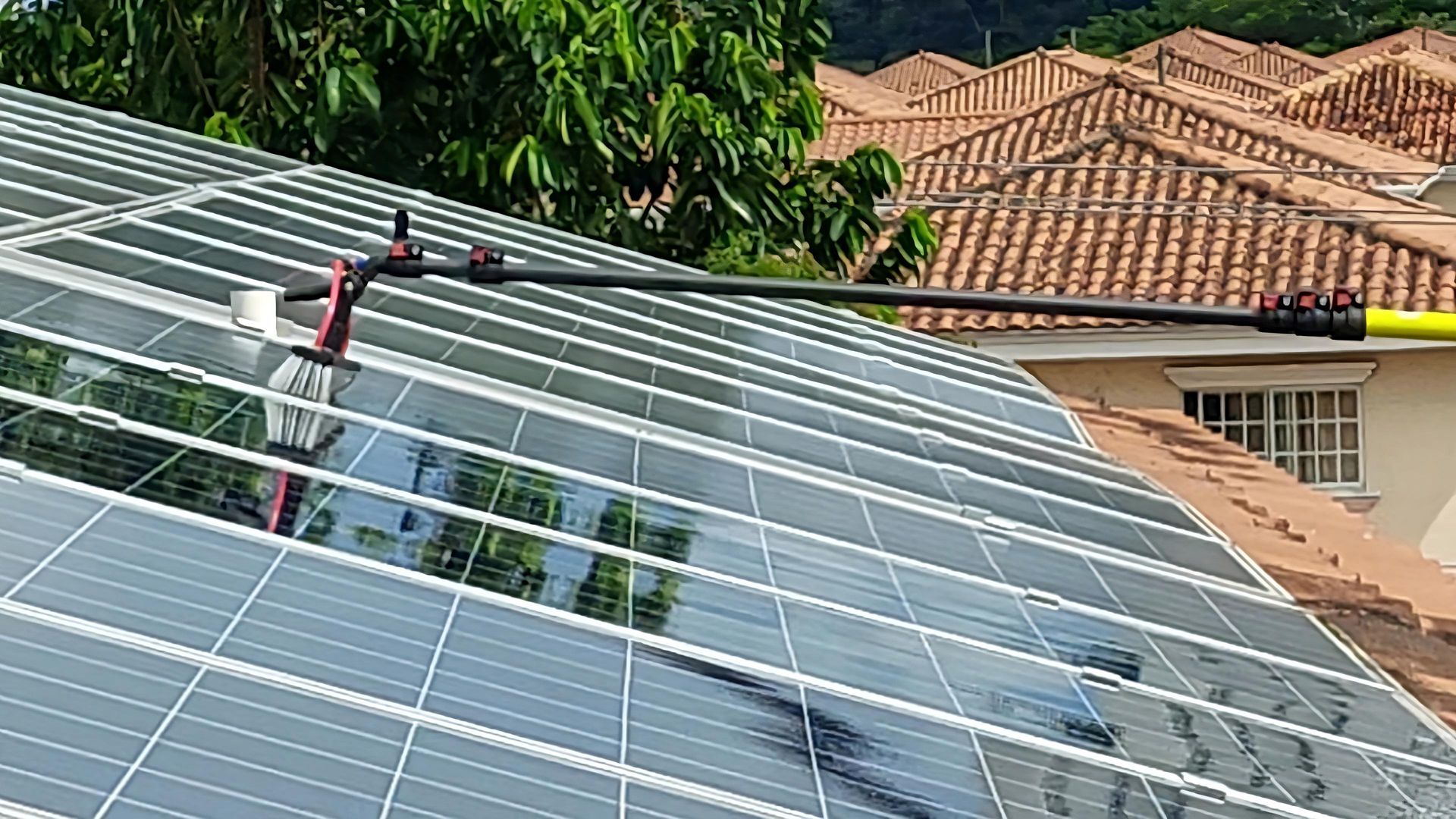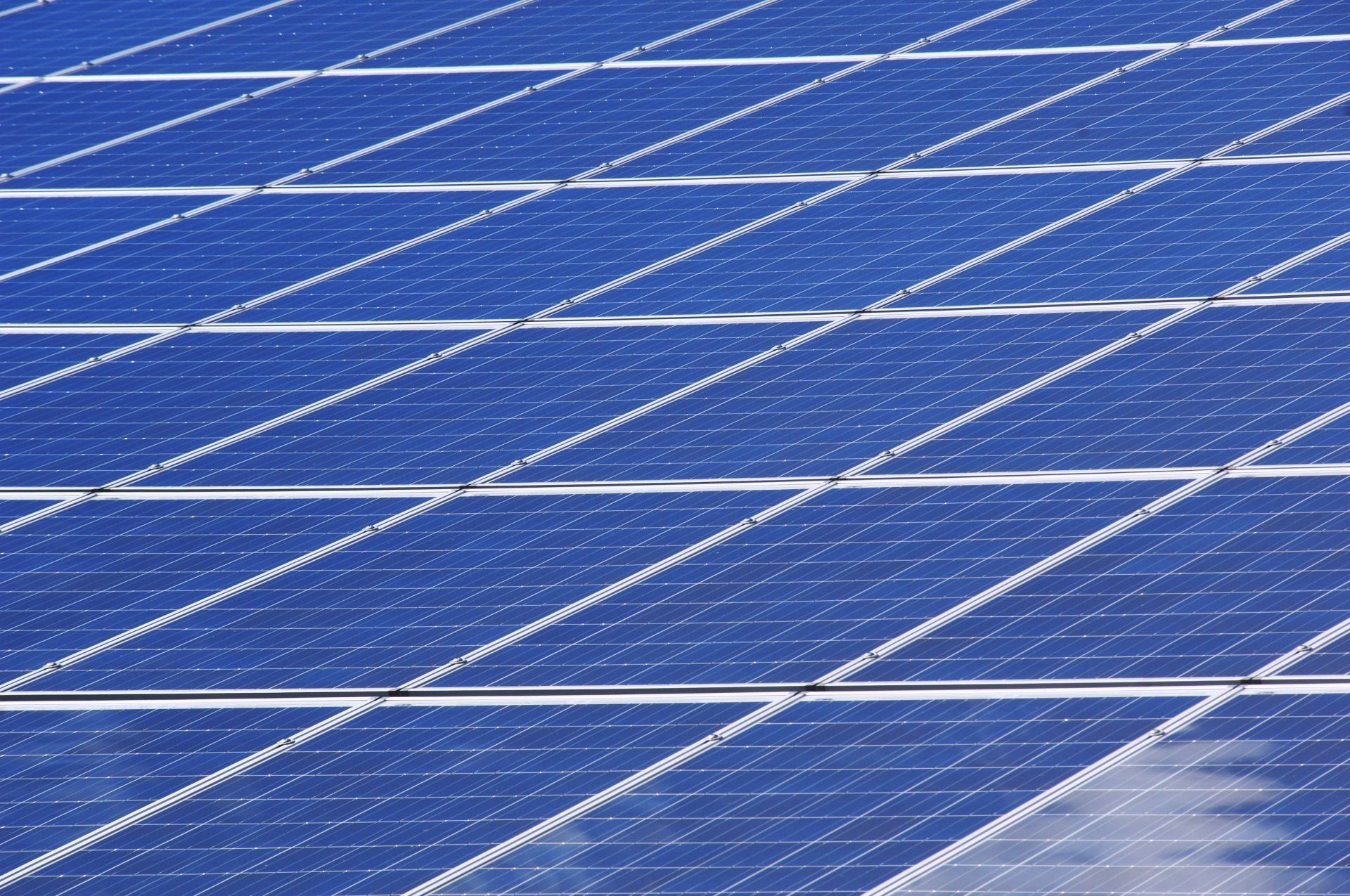The Benefits of Green Energy for a Sustainable Future
Green energy, also known as renewable energy, has emerged as a beacon of hope in our quest for a sustainable future.
In a world grappling with climate change, pollution, and finite fossil fuel resources, the transition to green energy sources has become imperative. The advantages of green energy extend far beyond reducing our carbon footprint. They encompass economic, environmental, and societal benefits that are redefining the way we power our world.
1. Mitigating Climate Change: One of the most pressing challenges of our time is the global climate crisis. The burning of fossil fuels for energy is a major contributor to greenhouse gas emissions, which trap heat in the atmosphere and drive global warming. Green energy sources, such as solar, wind, and hydroelectric power, produce electricity without emitting carbon dioxide and other pollutants, making them a key solution in mitigating climate change.
2. Clean Air and Improved Health: Traditional energy sources like coal and natural gas release harmful pollutants into the air, leading to respiratory diseases and other health issues. By transitioning to green energy, we can drastically reduce air pollution and improve public health. Cleaner air means fewer hospital admissions, fewer missed workdays, and an overall higher quality of life.
3. Abundant and Sustainable: Unlike fossil fuels, which are finite resources, green energy sources are virtually inexhaustible. The sun, wind, and flowing water are all renewable and will be available for generations to come. This sustainability ensures a stable and long-term energy supply, reducing the vulnerability associated with fossil fuel dependency.
4. Job Creation: The green energy sector is a significant source of employment opportunities. As we invest in renewable energy infrastructure, we create jobs in manufacturing, installation, maintenance, and research and development. This not only bolsters local economies but also fosters innovation and technological advancements.
5. Energy Independence: Relying on imported fossil fuels can leave nations vulnerable to geopolitical tensions and price fluctuations. Green energy sources can provide energy independence by harnessing domestic resources, reducing reliance on fossil fuel imports, and enhancing national security.
6. Cost-Competitive: Advances in green energy technology have made renewables increasingly cost-competitive with fossil fuels. Solar and wind power, in particular, have seen significant cost reductions, making them attractive options for both consumers and businesses. The long-term savings associated with green energy installations are also compelling.
7. Biodiversity Conservation: The extraction and burning of fossil fuels can have devastating effects on ecosystems and biodiversity. Green energy projects, when planned and managed responsibly, can minimize habitat disruption and preserve natural landscapes. Wind farms, for example, can coexist with agricultural land and provide habitat for certain wildlife species.
8. Enhanced Resilience: Green energy decentralizes power generation, which can enhance resilience against disruptions. Distributed energy sources, like rooftop solar panels and microgrids, provide backup power during outages and reduce the vulnerability of centralized grids to natural disasters.
9. Technological Advancements: The pursuit of green energy solutions drives innovation and technological advancements. Breakthroughs in energy storage, grid integration, and energy-efficient technologies benefit not only the energy sector but also various other industries.
10. Ethical Responsibility: Choosing green energy is not just about economic and environmental benefits; it's also an ethical responsibility. By opting for clean energy sources, we contribute to a more sustainable and equitable world for future generations.
In conclusion, the benefits of green energy extend well beyond reducing our carbon footprint. They encompass environmental preservation, public health, economic prosperity, and a more secure and sustainable future for all. The transition to green energy is not merely an option; it's a necessity if we are to address the challenges of the 21st century and leave a habitable planet for generations to come.








